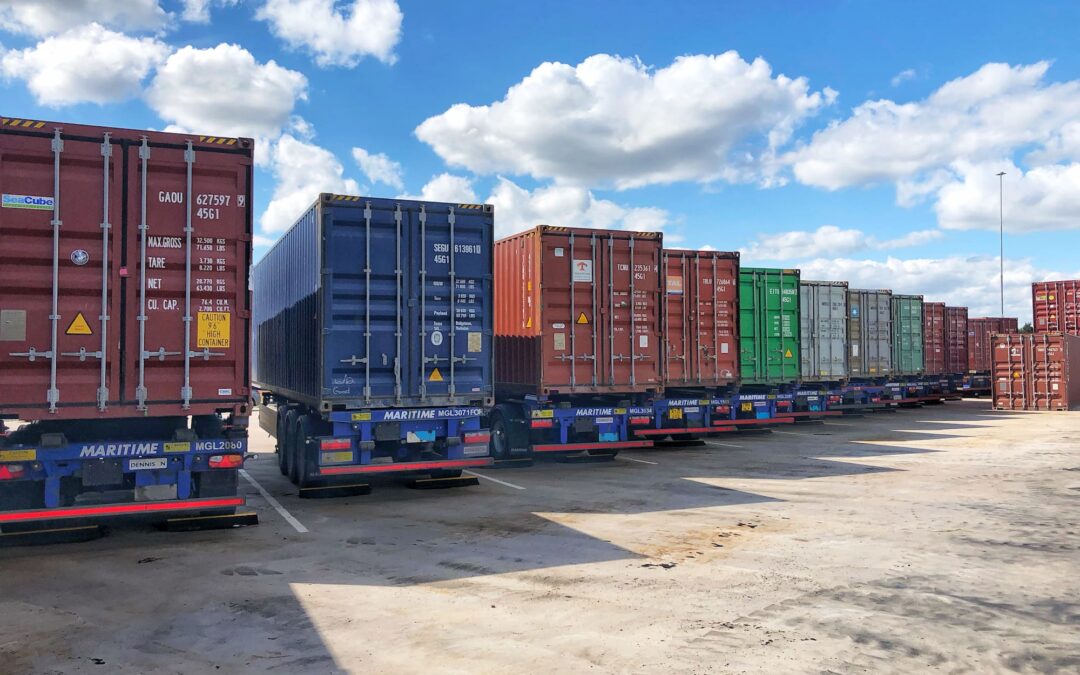In domestic shipping, knowing what are detention charges is beneficial to shippers and carriers. Detention is a charge carriers give to the shipper or receiver for overstaying at the pickup or delivery location. There is a limited window of time that a driver can stay in an area known as waiting time. It is the period that the shipper and trucker agree upon in the Bill of Lading (BOL). Shippers can often confuse detention with demurrage, a charge given to containers inside a port. Detention is when the container has already left the port of import and is for domestic instead of international shipments.
Why Is It Important For Shippers to Know What Are Detention Charges?
Shippers should know what detention charges are and what causes these fees to avoid receiving them. The most significant impact is the amount of monetary loss the shipper feels. The average cost of detention fees is around $50 an hour; however, it can depend on the carrier. After two or three hours of free time, charges may start, sometimes reaching caps of $250 daily. After a driver experiences one or more days of detention, the shipper or receiver could begin to accrue layover pay. A layover is the surcharge the trucking company gives its clients for extended delay periods. Another factor to consider for both shipper and carrier is the time lost.
For the shipper, detention can significantly hurt if they are a business with customers expecting their orders promptly. Another example is a construction company that has a project with a deadline; however, the paperwork is incorrect, causing delays. For truck drivers, there is a limited amount of hours that they are permitted to work a day. If they have to wait at the exact location for a period, it limits the shipments a carrier makes daily. Not only do the charges lead to money and time loss, but they also harm the relationship with the carrier. Shippers moving numerous shipments yearly need to consider the impact of losing the support of an exceptional shipping company.
How Do You Minimize The Chances of Detention Charges?
While certain things cause detention charges that are out of your control, you can limit its chances. Shippers must plan and prepare in advance for situations that can lead to detention. This can mean communicating with all the parties beforehand to ensure the delivery process goes smoothly. Building solid relationships between the shipper, carrier, and anyone involved in the shipment is a part of communication. Planning can also include paying the charges in advance and having the correct documentation readily accessible. It may help to schedule deliveries before peak times to avoid any delays caused by congestion.
If the shipper is transporting goods to a facility, they should verify that the necessary staff and equipment are available. Paying additional workers to load/unload your goods quicker can be less expensive than accruing detention fees. Another way to avoid detention charges is to have a freight broker coordinate the shipment for you. They ensure that the cargo movement goes smoothly and that there are no problems during the journey. Brokers are in constant contact with the shipper and the carrier to the point of delivery. For assistance navigating the shipping process, reach A1 Freight Solutions at 786-375-9420 or info@a1fsinc.com to speak to our brokers.

